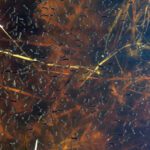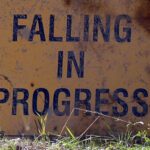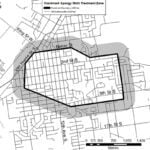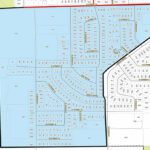Home »

Fernie’s Accessibility Assessment beginning
One in seven Canadians has a disability and that number is expected to rise to one in five by 2036.
According to population size that could mean 1,500 Fernie citizens could have a disability of some type.
Public buildings and spaces, commercial buildings owners and service providers can expect to be contacted in the coming weeks by the Canadian Adaptive Network (CAN).
CAN will be undertaking a community-wide assessment for accessibility and will do its best to be inclusive!
Fernie is a great place to live. However, CAN believes it can make life even better by creating opportunities for the disabled to participate in activities of their choosing so as to be defined by who they are rather than what they can or can’t do.
CAN believes by achieving this, Fernie could become known for its accessibility and creation of an environment where everyone can live to their full potential. This would mean young people with functional limitation could find jobs and participate in community life. Seniors could safely get out and participate even during winter and visitors with functional limitation and their families would be attracted to Fernie not only because of the recreational opportunities available but because there are choices of places to stay, eat and socialize.
CAN’s mission is to build a collaborative network for coordination of services, creation of effective communication, reinforcement of existing organizations, and provision of a gateway for information regarding best practices, standards for adaptive design and flexible and diverse programs and facilities aimed at achieving readily recognizable and measurable change.
The objectives of the assessment are: (1) Assess and distribute information on the quality, accessibility and affordability of existing facilities and services in Fernie and nearby Regional District of East Kootenay locations against national and global standards; (2) Collect and evaluate information on how persons with disabilities or functional limitations participate in meaningful activities in Fernie; (3) Identification of economic and social benefits of specific accessibility and inclusion projects.
The result is that officials and the public will better understand the current accessibility situation in Fernie as well as to learn about the social and economic benefits of increased accessibility.
CAN Director Louisa Cotton recently obtained the Rick Hansen Foundation’s Accessibility Certification for this initiative. She will use this knowledge to conduct and measure the assessment of accessibility. Public buildings and spaces, commercial buildings, and activities will be the focus of the assessment.
The research question is: “How do persons with disabilities or functional limitations participate in meaningful activities in Fernie?”
Louisa will be assisted by fellow CAN Director Mary Giuliano and Project Manager Ashley Taylor.
For more information please go to this website.
CAN







